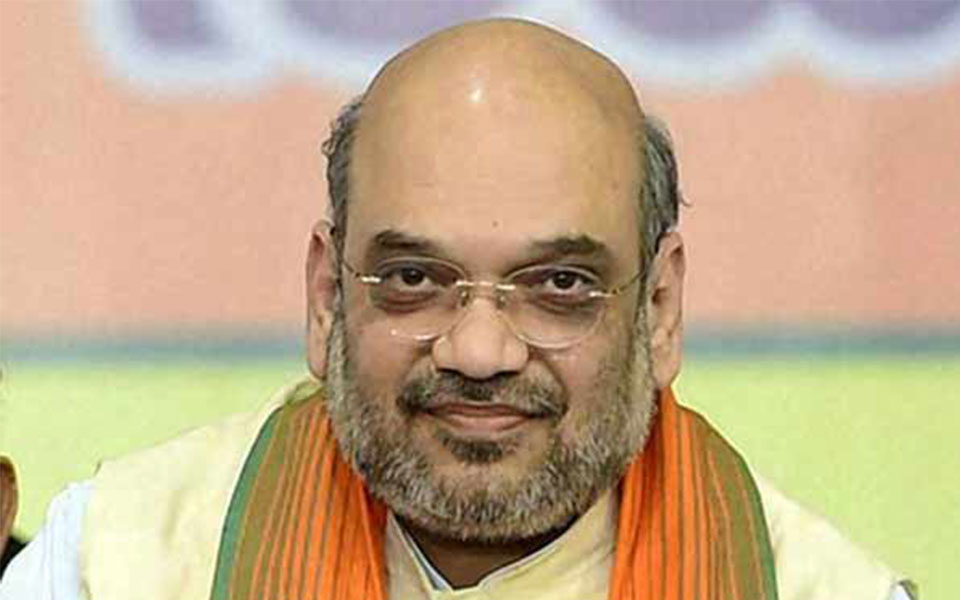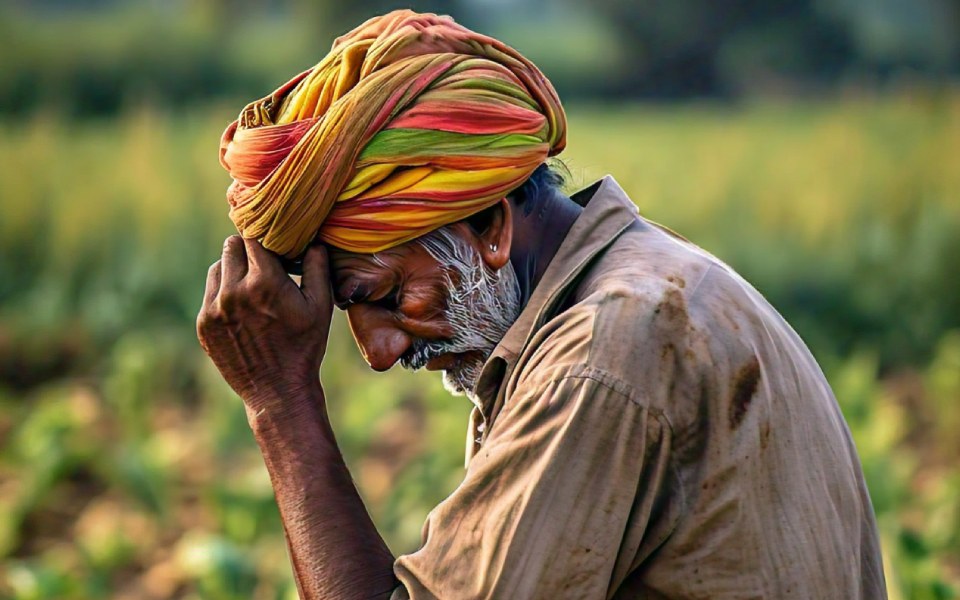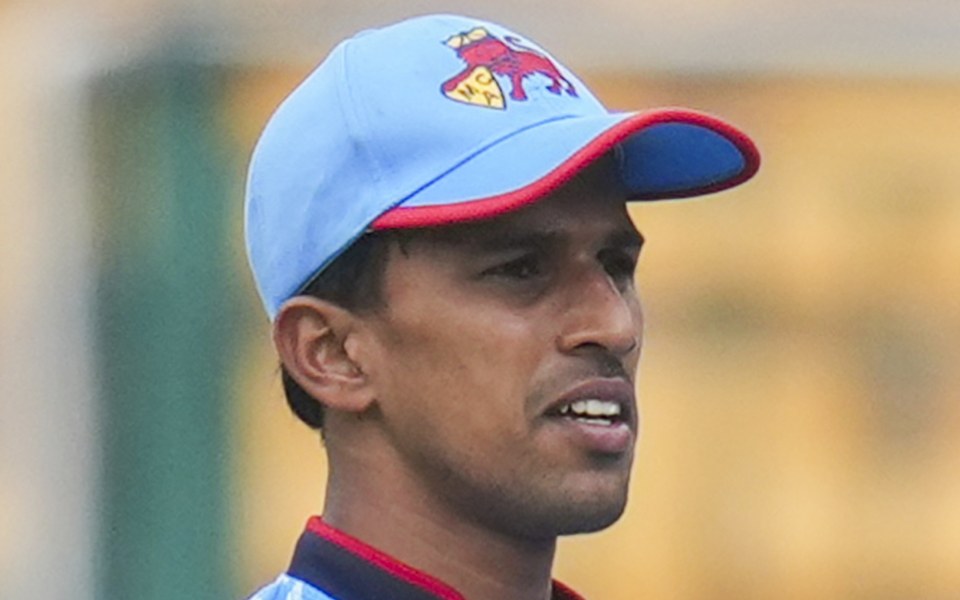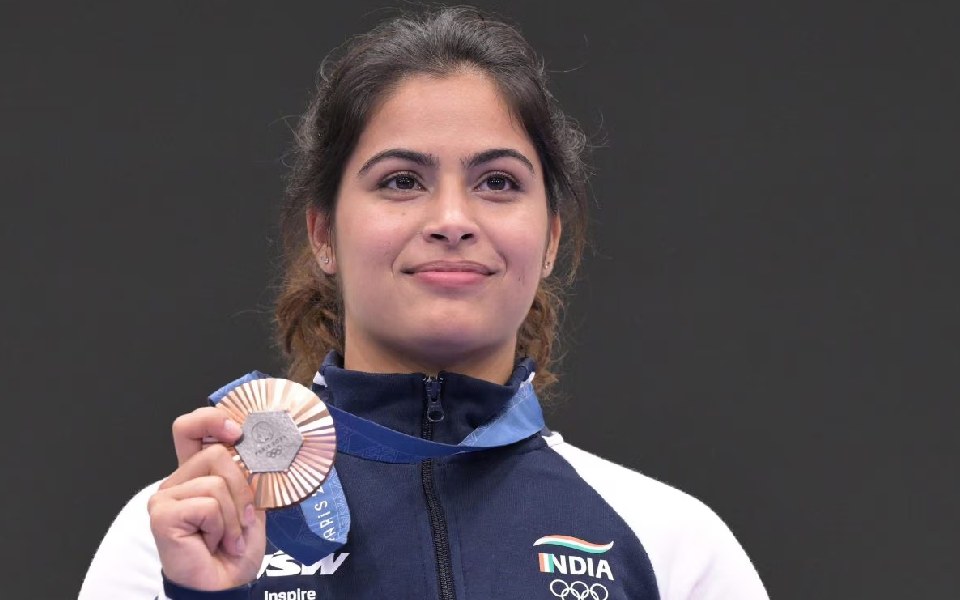Kolkata, June 27: BJP president Amit Shah on Wednesday said the country's partition could have been avoided had Congress not made the mistake of "censoring" national song "Vande Mataram" as part of its appeasement policy.
"Had the Congress not made the mistake of censoring the national song Vande Mataram to just stanzas instead of the whole song, we could have stopped India from getting divided," Shah said here.
He was delivering the first Bankim Chandra Chattapadhyay Memorial Lecture organised by Dr. Syama Prasad Mookerjee Research Foundation on the occasion of the Bengali writer's birthday.
"Historians blame the Khilafat movement or the Muslim League's two-nation theory for India's partition. But I am sure that the appeasement politics that Congress introduced by censoring Vande Mataram as a national anthem led to the country's partition in the long run," he said.
Some intellectuals of Bengal, including fiction writer Buddhadeb Guha, Bankim Chandra's biographer Amitrasudan Bhattacharya, professor Purabi Roy and state Bharatiya Janata Party (BJP) chief Dilip Ghosh, were present at the event in a city auditorium.
Shah hailed Chattapadhyay, the author of Vande Mataram, as someone who ushered in the renaissance of India's cultural ethos and described Vande Mataram as a manifestation of the country's century-old tradition of nationalism.
"Vande Mataram is a manifestation of our century-old tradition of nationalism. India is not a geo-political nation, it is a geo-cultural nation. The definition of India's nationalism is not narrow," said Shah, who is on a two-day tour of Bengal.
"Vande Mataram was never related to a particular religion or religious belief. The song does not criticise or ridicule any community. It attempts to connect the nation with its people and manifests the tradition and culture of the region where it was produced. So bringing religion into Vande Mataram was a big mistake," he pointed out.
However, the BJP President claimed that with the saffron outfit's ascendency to power, the situation in the country has changed.
Referring to Bharatiya Jana Sangh founder Dr. Syama Prasad Mookerjee, who served as the Minister for Industry and Supply under the Jawaharlal Nehru government before quitting the Congress, Shah said Mookherjee decided to form Jana Sangh as he found the policies of Independent India to be heavily influenced by western culture.
He knew that leaving the Congress would eradicate his chance to win another election for a long time as the Congress, at that point, was heavily banking upon its contribution to India's freedom movement and no other political party had any chance to come to power.
"But still he formed Jana Sangh because he found that the new policies formed under the Congress regime was heavily influenced by western culture and lacked the fragrance of India's culture and heritage. They did not have any connect with the country's culture, tradition or fundamental ideas," Shah said.
"No matter how much we may grow, we can't abandon our roots. If any society loses its connection with the root, it would certainly fail," he added.
Let the Truth be known. If you read VB and like VB, please be a VB Supporter and Help us deliver the Truth to one and all.
Agra, Dec 23: A truck driver dragged two people for about 300 metres in Agra under his vehicle, police on Monday said.
Some locals forced the driver to stop the truck and extricated the men from under the vehicle.
Police arrested the driver and seized the truck.
The two men, both residents of Nunhai in Agra, were going towards Rambagh from Waterworks when they met with an accident around 11 pm Sunday.
The driver, instead of stopping the truck sped up, trapping both of them underneath, police said.
"In the accident, two youths were dragged by a canter driver for about 300 metres. Later, some residents saved the youths by stopping the driver using force," Chhatta Police Station Inspector Pramod Kumar told PTI.
"The youths were sent for treatment at a nearby hospital and are still being treated, but are in stable condition. The youths were from Agra. The canter driver was arrested and the canter seized after the incident," he said.
A video of the incident that surfaced on social media showed the men shouting for help.
The video was purported to have been shot by a person passing by on a two-wheeler.
“पिछली पोस्ट में वीडियो में युवकों को मोटर साइकल सहित ट्रक वाला कई मीटर तक घसीटता हुआ ले जाता गया देखा था,
— Umashankar Singh उमाशंकर सिंह (@umashankarsingh) December 23, 2024
अब जनता द्वारा उस ट्रक ड्राइवर की ठुकाई पिटाई का समारोह देखिए।”#Agra@madanjournalist
pic.twitter.com/Qh5ncyWtEa
HORRIFYING!
— Sanjay Kishore (@saintkishore) December 23, 2024
In Agra, a truck driver dragged two men for 300 meters. Locals intervened, stopping the truck and saving the men. Both are stable but continue receiving treatment. The driver has been arrested and the truck seized.
pic.twitter.com/1ply5wemfX





